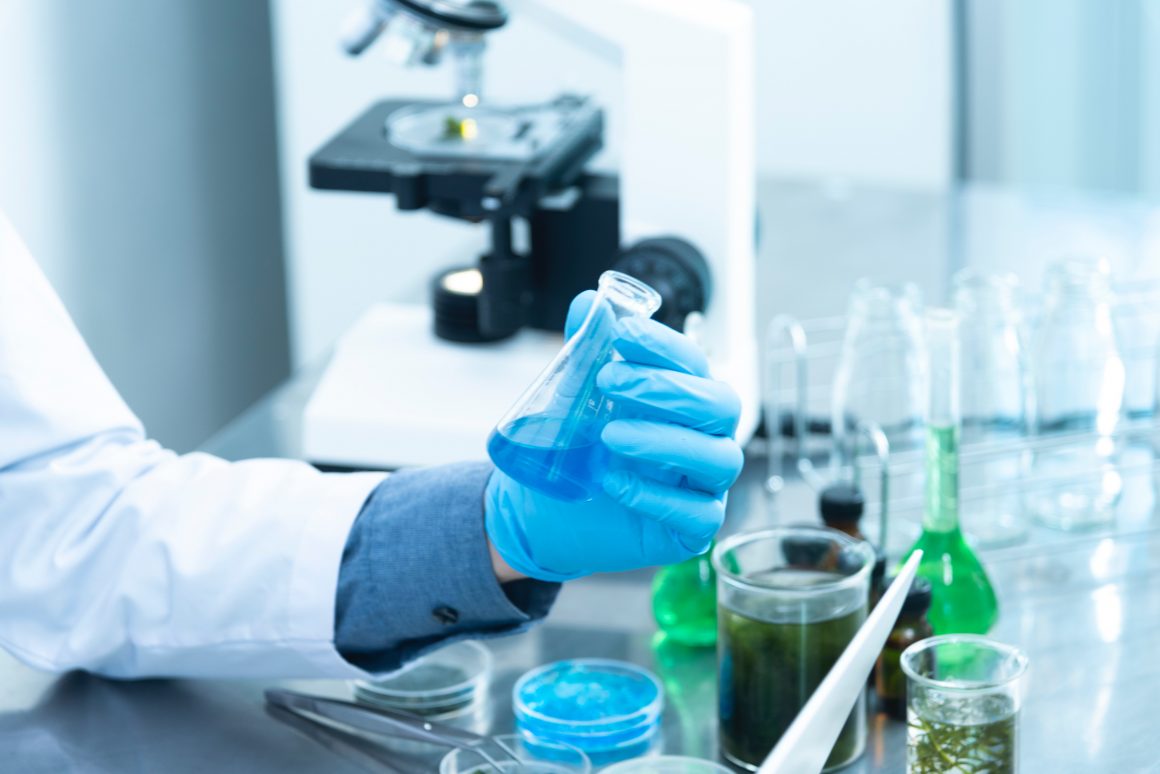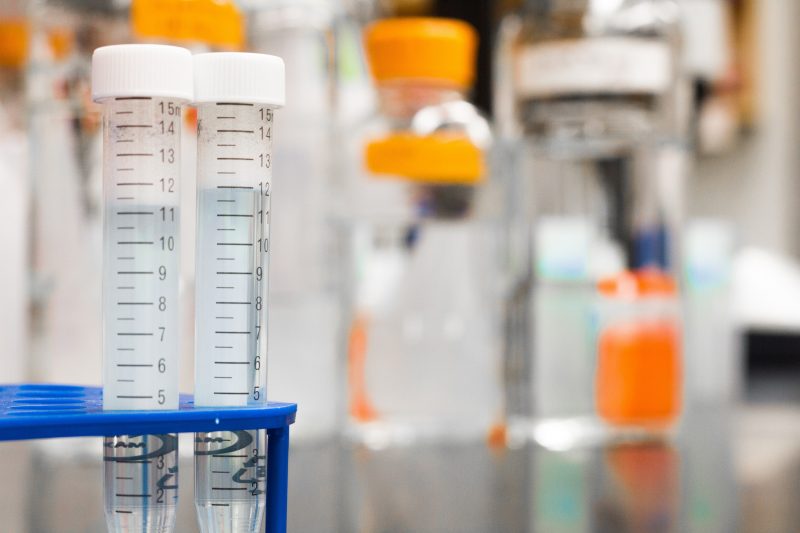A laboratory consultant is a crucial role in the scientific medical industry. This position is also known as a clinical laboratory consultant. Lab consultant positions are available at the bachelor’s, master’s, and doctoral levels in a number of settings. The level of responsibility assigned to a consultant is proportional to his level of expertise, education, and experience. The more experience and education a consultant has, the more responsibilities she will be given.

A lab consultant in Malaysia can work in a variety of contexts, and the tasks of a consultant vary from one site to the next. Blood banks employ some lab consultants, while tissue banks, health agencies, hospitals, and research organisations employ others. Regardless of the sort of company where a consultant works, the essential job description is usually the same. Advanced level consultants can work in any laboratory setting, but each one has a specialty area in which they excel.
Travel is an essential part of any consultant’s job, not just those in research and medicine. Over and over, a laboratory consultant visits the same type of facility in different locales. The primary function of a clinical lab consultant is to check laboratories on-site to ensure that they are following all applicable rules and regulations. A laboratory consultant may visit a number of different laboratories, each with its own set of tasks. These labs can be found in hospitals, physician offices, blood banks, tissue banks, colleges, universities, and research institutes, among other places.
A consultant performs a series of checks to ensure that each laboratory visited follows local, state, and federal requirements. An advanced level consultant may be assigned to special investigations as well. This individual is likely to be well-educated and experienced. The same person might be able to assist organisations in developing laboratory regulations and guidelines.
Any lab consultant’s usual job responsibilities include testifying at court hearings. The consultant’s testimony could be obtained as a result of an inquiry or a compliance check at any lab. Consultants play an important role in these types of court cases since they are experts in the field of laboratory operations in a variety of situations.
What Does Working as a Clinical Laboratory Consultant Entail?
To work as a clinical laboratory consultant, you must have a doctoral degree in laboratory science with a service specialism or be a licensed medical doctor, while some employers may consider individuals with extensive experience in leadership roles in a lab but only a bachelor’s degree. Many employers prefer applicants with experience in the medical profession or in technology consulting. CLI regulatory requirements, COLA, Joint Commission Setup, and CAP standards, as well as testing language and processes, must all be familiar. Because this is a supervisory position, most roles require several years of management experience in a hospital or lab context. Although the American Society for Clinical Pathology certification is not required, it may help you stand out in the job market.
For more information please checkout lab consultant malaysia.





